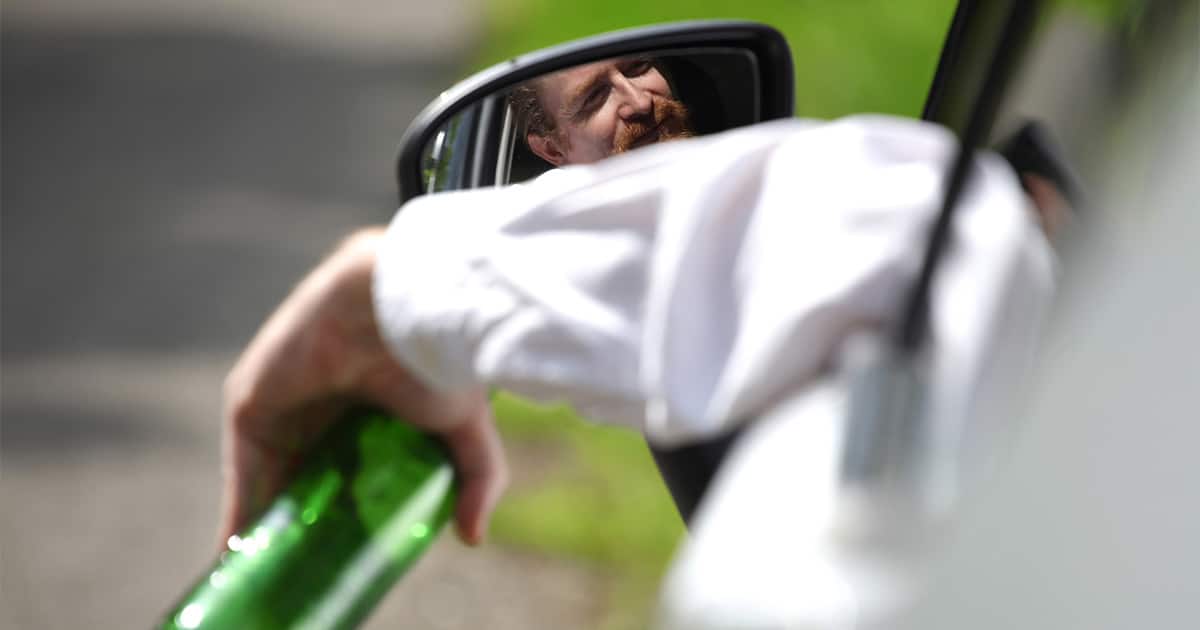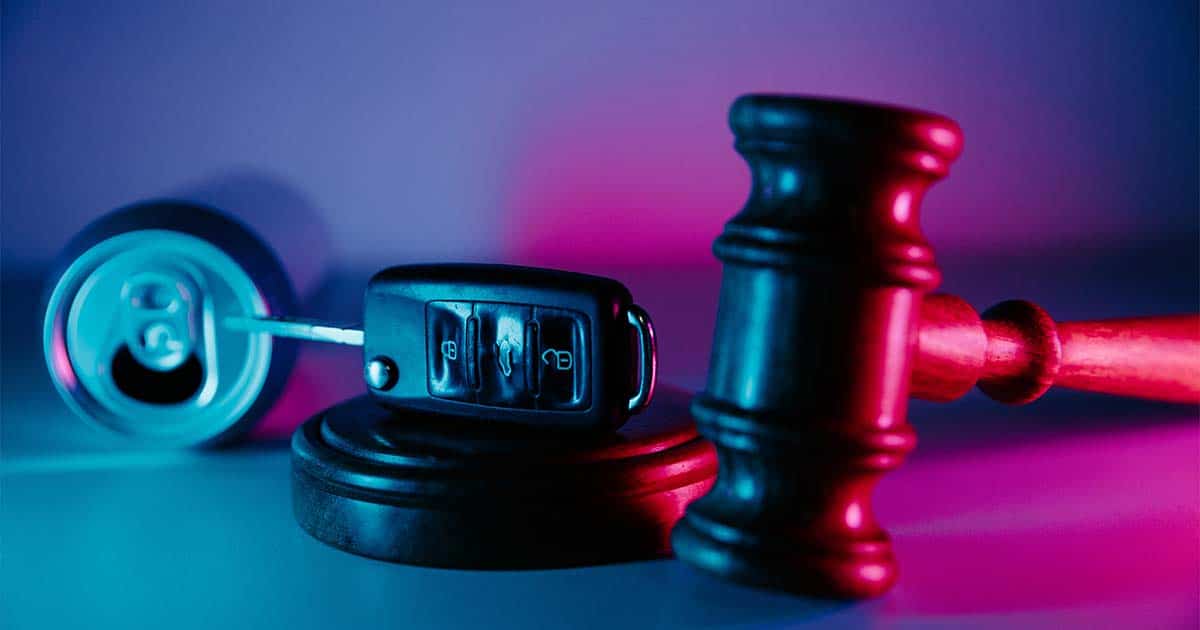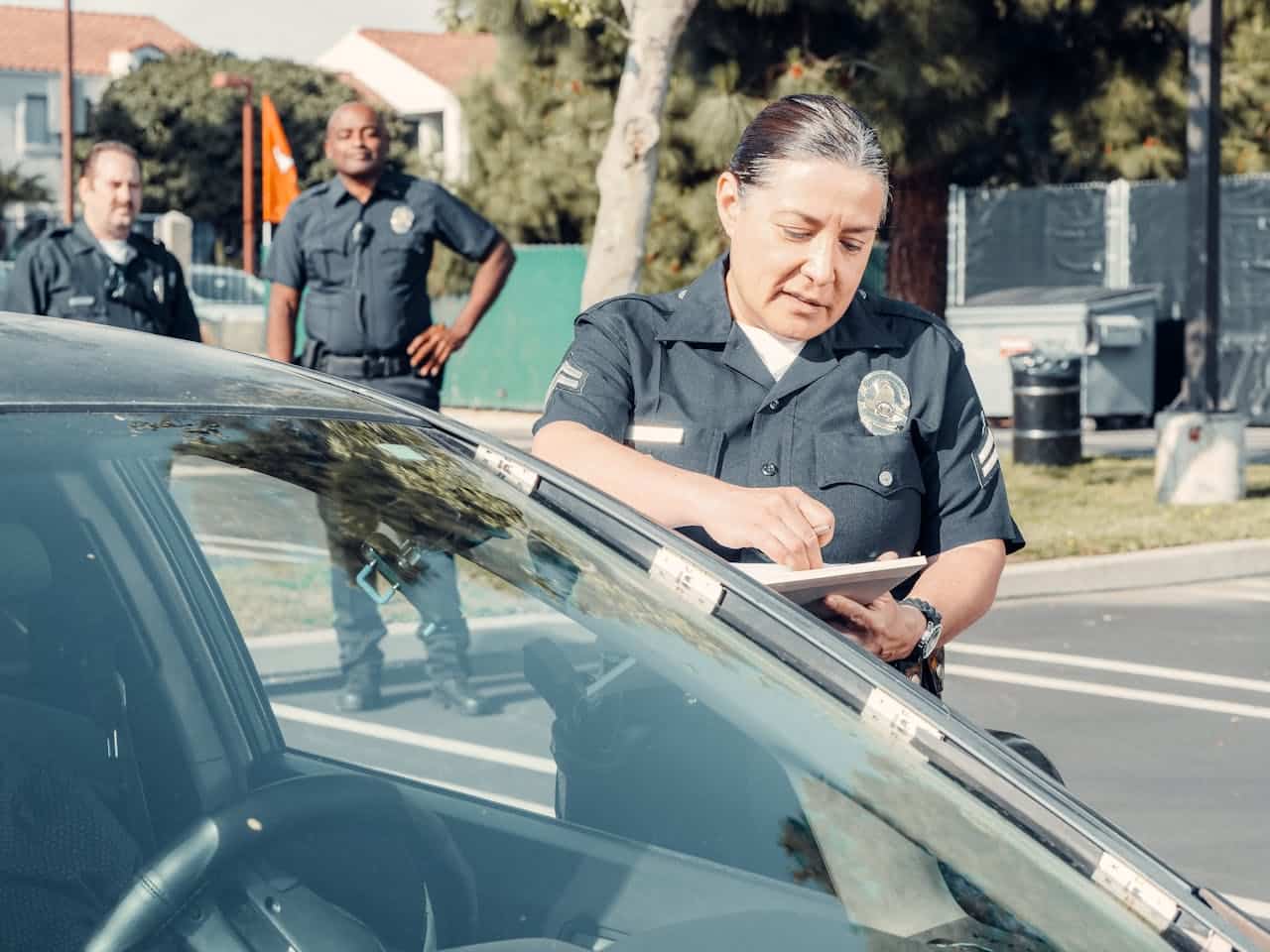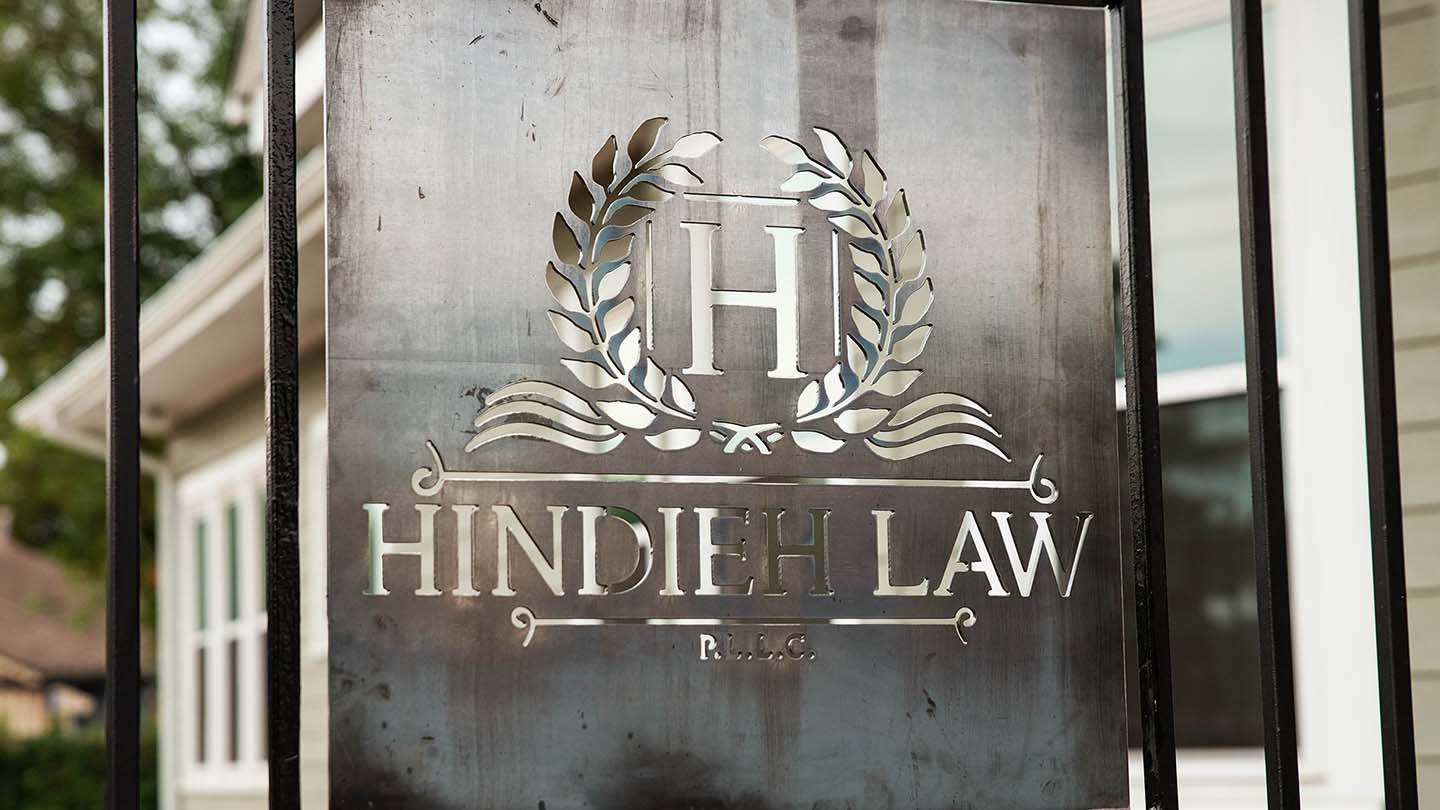Regardless of who you are, if you drive in Texas, you should know the law and punishment for DUI & DWI in Texas.
What Is the Law and Punishment for DUI and DWI in Texas?
If you or a loved one is charged with drunk driving in Dallas, you should be aware of the penalties for DUI and DWI in Texas.
Everyone makes mistakes from time to time. However, some errors have more severe consequences than others. If you or a loved one has been charged with drunk driving in Texas, you must take the matter very seriously, as should Texas officials and police.
Here’s all you need to know about the rules and consequences of DUI & DWI in Texas.
What Is the Definition of DWI?
Let’s start with a definition of DWI in Texas. Although DWI stands for driving while intoxicated, it does not solely refer to alcohol.
Intoxication while operating a motor vehicle is defined as “not having the normal use of mental or physical faculties due to the introduction of alcohol, a controlled substance, a drug, a dangerous drug, a combination of two or more of those substances, or any other substance into the body” under Texas DWI law (Texas Penal Code Section 49.04).
DWI is also defined as “having an alcohol content of 0.08 or above.” (Blood alcohol content, or BAC, is another term for alcohol concentration.)
Individuals 21 years old or older who fall into these categories can be charged with DWI in Texas, which is a Class B misdemeanor under Texas DWI legislation. If their blood alcohol concentration (BAC) is 0.15 percent or greater, the charge is upgraded to a Class A misdemeanor, which is more serious.
If controlled substances (illegal narcotics like cocaine) are implicated, the charge might be increased.
What is a DUI offense?

You may have heard of the phrase “DUI,” which stands for “driving under the influence.”
What is a DUI, and what is the difference between it and DWI in Texas?
The most significant distinction between DWI and DUI in Texas is age. DUI is only applicable to children under the age of 21 who operate a motor vehicle (which can include both a boat and a car) “with any detectable amount of alcohol in the minor’s system.” Section 106.041 of the Texas Penal Code states as much.
The state does not have to show drunkenness under Texas’ drunk driving rules for minors, only that there was any measurable amount of alcohol in the minor’s system. A DUI charge of this nature is a Class C misdemeanor, with a maximum fine of $500.
If the kid had a high BAC or was under the influence of any illegal drugs, including marijuana, a DUI accusation might be upgraded to a more serious DWI charge with harsher penalties. Prior DUI convictions can also boost a DUI charge, especially if the defendant isn’t a minor under the age of 21 and isn’t a child under the age of 18.
What Are the Consequences and Penalties for DWI in Texas?
You might now be asking what the fines or punishments for DWI in Texas are.
DWI for the First Time
To begin, if you are an adult who has been caught for DWI in Texas for the first time, you will be charged with a Class B misdemeanor and will be required to serve at least 72 hours—or three days—in jail. You must also serve at least 6 days in jail if you had an open alcohol container in your vehicle.
A first-time DWI violation has a maximum sentence of 180 days in prison or 6 months.
A first-time DWI charge is a Class B misdemeanor, which means your driver’s license will be suspended for 90 days to one year. Even if you are not convicted, your driver’s license will be suspended if you test positive for a high BAC in a blood, breath, or urine sample.
You have the right to appeal a driver’s license suspension. However, you only have 15 days from the date you were told of the suspension to request a hearing to contest it.
A first-time DWI offender is also required to pay state fines. Fines of up to $2,000 can be imposed. In order to keep your driver’s license, you may be obliged to pay between $1,000 and $2,000 per year for the next three years.
Furthermore, you may be placed on probation for a period of time and forced to attend or engage in special educational programs relating to alcohol abuse. If you do not finish these programs, you may lose your driver’s license.
DWI With a Child in the Vehicle
Driving while inebriated with a minor passenger under the age of 15 is punishable more severely. Even if you have never been convicted of a DWI in Texas before, it is a state jail felony punishable by a fine of up to $10,000 and a sentence of 180 days to two years in prison. In addition, your driver’s license will be suspended for 180 days.
DWI Number Two
A second DWI conviction is considered a Class A misdemeanor. The penalties increase to $4,000 for a Class A misdemeanor, up from $2,000 for a Class B misdemeanor. In addition, the maximum sentence for a first crime is one year in prison, which is double the maximum sentence for a second offense.
In addition, if you are convicted of a second DWI in Texas, your license will be suspended for 18 months, and you will be required to pay a fee of $100 to reclaim it.
Intoxication Assault or a Third DWI
A third DWI conviction is a felony of the third degree. A criminal conviction carries a sentence of at least 2 years and up to 10 years in jail, as well as a fine of up to $10,000.
Intoxication assault is a third-degree crime that involves causing serious bodily injury to another person while driving inebriated. It carries the same consequences as a third DWI conviction.
Manslaughter by intoxication
Intoxication manslaughter is worse, as it means you murdered someone by mistake while driving drunk. This is a second-degree crime punishable by a fine of up to $10,000 and a sentence of at least two years and up to twenty years in prison.
It’s also possible that hundreds of hours of community service will be required.
What are the consequences and penalties for DUI?
DUI sanctions and punishments are usually less severe because they are administered to juveniles.
DUI for the First Time

A first-time DUI charge is classified as a Class C misdemeanor, and the offender faces a fine of up to $500 but no jail time. The minor’s driver’s license, however, may be suspended for 60 days.
A first-time DUI offender may also be forced to undertake 20 to 40 hours of community service and attend an alcohol misuse education program.
DUIs Two and Three
A third DUI conviction becomes a Class B misdemeanor after two previous DUI convictions. For minors who are not children, such a violation can result in a fine of up to $2,000 and up to 180 days in jail (those who are over the age of 18, but under 21).
Find the Top DUI or DWI Defense Attorney in Dallas.
You can see how serious (if not outright dramatic) the repercussions of intoxication violations can be if you or a loved one is facing a drunk driving prosecution – DUI & DWI in Texas.
Many drunk driving charges are based on shaky evidence, such as results from faulty and unreliable breathalyzer tests. It’s also possible that a police officer’s subjective assessment of your driving is incorrect.
Don’t let a faulty breath test or any other questionable evidence determine your fate. To safeguard your legal rights, get the best Dallas DUI or DWI defense attorney you can find.
If you live in the Dallas area, get in touch with Hindieh Law right away for a thorough and comprehensive assessment of your DUI or DWI in Texas case. Call us at 214-Release (214.960.1458).
As you can see, the penalties are severe for DUI and DWI in Texas, and they necessitate a severe and harsh legal reaction. Notify us straight away, and we’ll begin safeguarding your legal rights.
Experienced Criminal Defense Law Firm in Texas
While based in Dallas, our law firm provides knowledgeable representation and comprehensive legal services for individuals throughout Texas.
Your Hispanic & Latino Criminal Defense Attorney: Ray Hindieh 214-Release (214.960.1458)
A principle of the American criminal justice system is that all defendants are “innocent until proven guilty.” Our Dallas DUI & DWI defense attorney – Ray Hindieh at 214 Release: Hindieh Law and his skilled legal team represent individuals accused of committing crimes. For over years, the attorney at Hindieh Law has successfully defended clients in Texas and Federal courts in all types of criminal matters at all phases, from state misdemeanors to complex federal matters. Often, he has favorably resolved criminal cases quickly and quietly, without the need for trial.
Call us at 214-Release (214.960.1458) for a free confidential consultation today.






